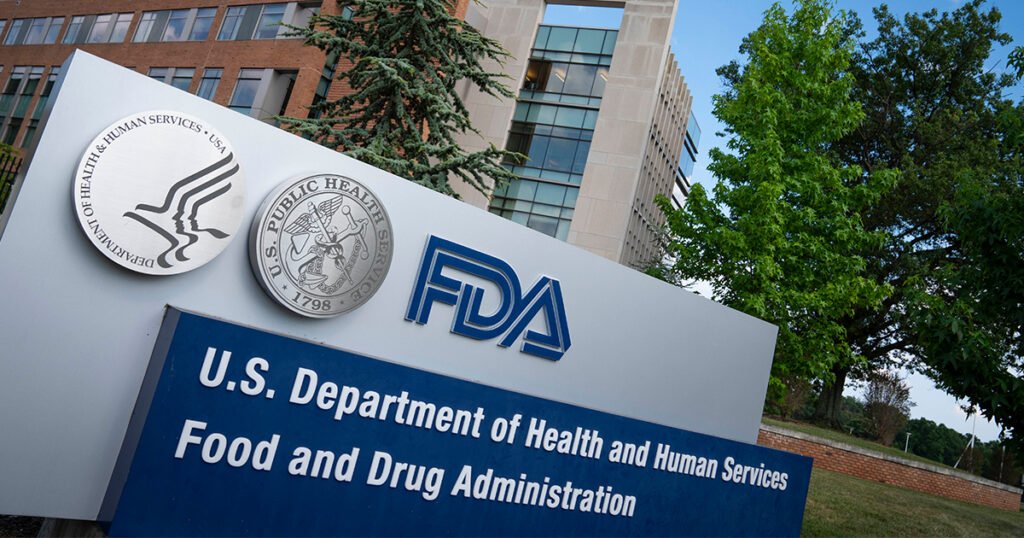The U.S. Food and Drug Administration (FDA) has recently released its final guidance on AI medical devices, titled “Marketing Submission Recommendations for a Predetermined Change Control Plan for Artificial Intelligence-Enabled Device Software Functions.” This guidance aims to foster the development of safe and effective AI-enabled devices by providing a forward-thinking approach.
Why is this important? The FDA’s guidance outlines recommendations for including information in a marketing submission for a device with AI-enabled software functions. It also addresses modifications to Artificial Intelligence-Enabled Device Software Functions (AI-DSFs) that are expected over time. The FDA states that for these modifications, which are specified and implemented in accordance with an authorized Predetermined Change Control Plan (PCCP), a completely new marketing submission will not be required.
Instead, the agency will focus on reviewing the aspects of the device that have been significantly modified and suggests submitting documents with tracked changes. The FDA will be hosting a webinar on January 14, 2025, to provide further insights into the final guidance.
In a larger trend, the FDA is committed to accelerating the deployment of new devices while maintaining a science-based approach to requirements for AI and machine learning (ML) powered medical devices. The agency aims to streamline the regulatory review process for developers throughout the medical device lifecycle, considering factors such as race, ethnicity, disease severity, gender, age, and geographical considerations in the ongoing development, validation, implementation, and monitoring of AI/ML-enabled devices.
According to the FDA, the recommendations in this guidance apply to AI-enabled devices reviewed through the 510(k), De Novo, and PMA pathways. These recommendations build upon the FDA’s dedication to innovative approaches in regulating AI-enabled devices.


